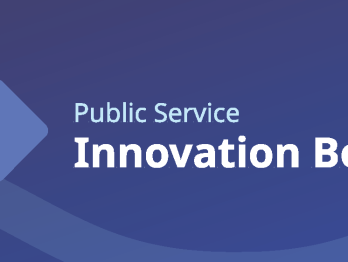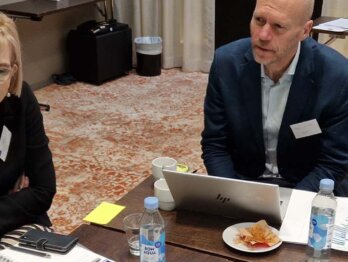Building Anticipatory Capacity in Governments: Reflections and resources from project LIMinal’s closing event
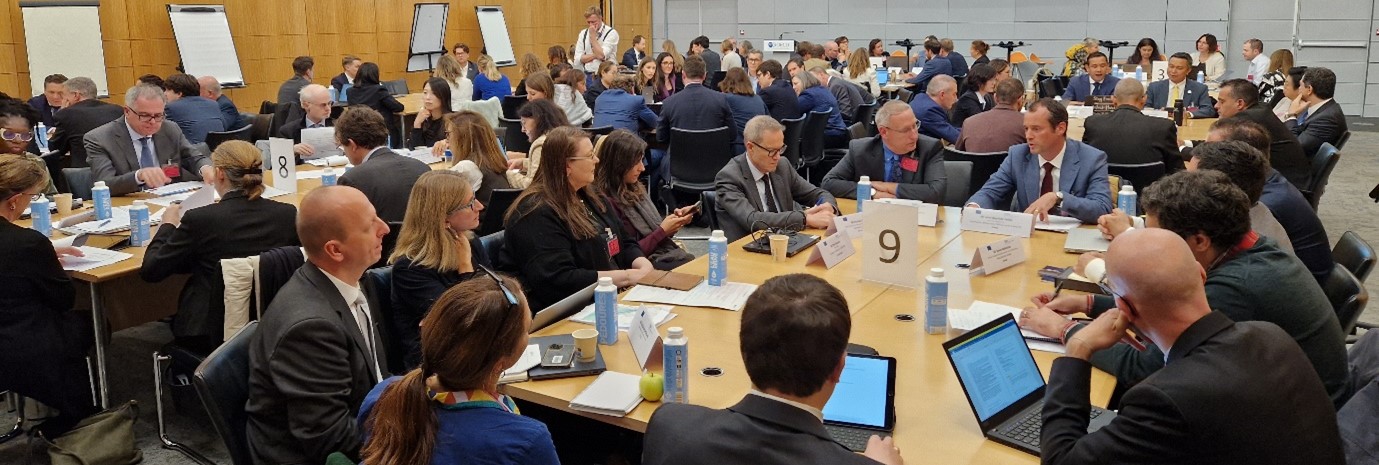
On October 1, 2024, the OECD Observatory of Public Sector Innovation (OPSI) celebrated the conclusion of project LIMinal, a two-year initiative funded by the European Commission involving Lithuania, Italy, and Malta. This project focused on strengthening anticipatory innovation governance in these countries through the development of practical tools and resources, including a curriculum to foster futures-thinking and innovation capabilities among foresight practitioners, policymakers, and senior decision-makers in government. The closing event not only highlighted the key achievements of the project but also addressed significant common challenges faced by governments in building up anticipatory capacity, such as a lack of strategic flexibility or proactive leadership.
One of the primary outcomes of project LIMinal is curricula and a guide dedicated to enhancing strategic foresight and anticipatory knowledge in government. Although these materials were initially created to tackle specific challenges identified during an OECD assessment of Lithuania, Italy, and Malta, they offer valuable insights in helping governments prepare for future uncertainties that extend far beyond these three countries.
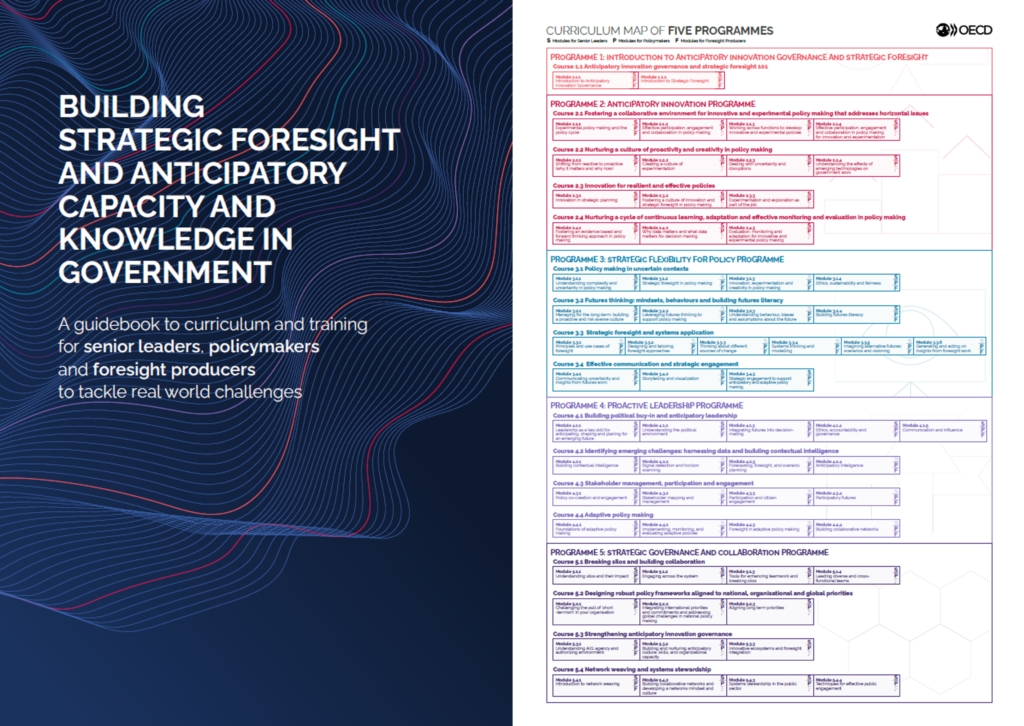
Why build up government anticipation?
The guidebook introduced at the event emphasises that anticipatory innovation governance is not just about preparing for future challenges – it is about actively shaping the future. Since 2018, the OECD has worked with governments to promote the anticipatory innovation governance approach to encourage a shift away from traditional, reactive policymaking and toward a more proactive, future-oriented framework. By adopting the approach, governments can better prepare for volatility and complexity, enabling them to build resilience and adaptability into their governance systems. This mindset helps governments stay ahead of evolving demands, whether related to emerging technologies like artificial intelligence or global challenges such as climate change.
However, this is quite difficult in practice. Governments are expected to build an enabling environment that encourages civil servants and policymakers to steer the public sector in a volatile, uncertain, and complex world. At the same time, they are expected to challenge the status quo and “expected futures” of a government organisation while providing the stability that civil service is expected to embody. This is a difficult balancing act.
Key challenges in building anticipatory capacity
The challenges highlighted discussed at project LIMinal’s closing event are not unique to Lithuania, Italy, and Malta, but are faced by governments worldwide:
- Limited awareness and use of strategic foresight and anticipatory innovation: Many governments still lack awareness of the benefits of anticipatory governance. Strategic foresight knowledge is often underused or not taken into practice, leading to missed opportunities for proactive, future-oriented policymaking.
- Lack of a culture of proactivity and experimentation: Encouraging a culture within government institutions that embraces experimentation and proactivity is essential, yet difficult. Public officials need a safe environment to experiment with new approaches without fear of failure or reprisal. This is true at all levels of government, including senior decision-makers.
- Difficulty in navigating uncertainty with strategic flexibility: Public officials struggle with managing uncertainty and adopting agile approaches. Building strategic flexibility within governance systems allows governments to adapt quickly and effectively when unexpected changes arise.
- Insufficient engagement through proactive leadership: Anticipatory governance requires broad engagement, bringing in diverse perspectives from citizens, private sector, and academia, as well as from multiple policy sectors within government organisations. Forward-looking insights from broad sources are crucial for more inclusive policymaking and proactive leadership requires broad political and organisational buy-in.
- Challenges in aligning for sustainable change: Collaboration across government departments and overcoming institutional silos are critical for lasting impact. Anticipatory governance efforts must align with broader government objectives to have meaningful impact and create sustainable change.
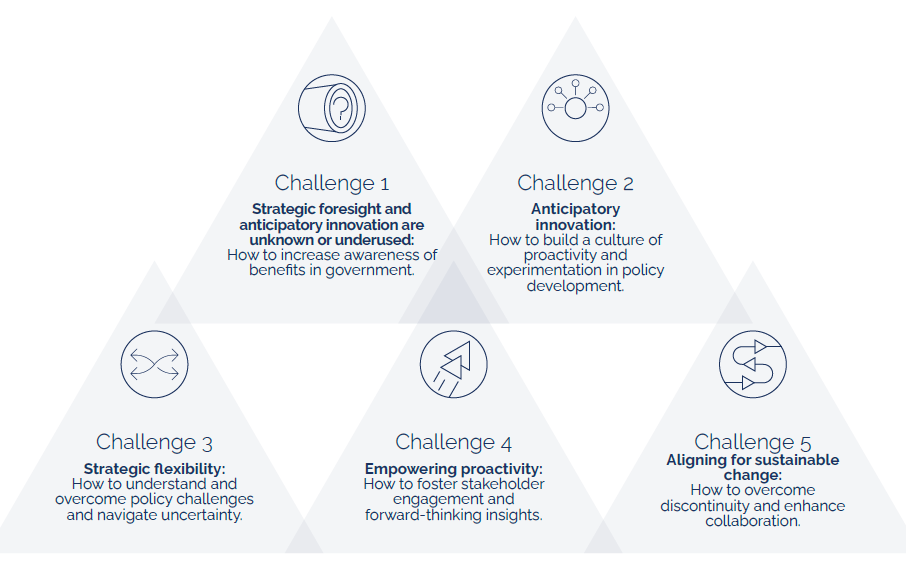
In Lithuania, Italy, and Malta, these challenges helped to prioritise the direction of capability-building and to close the gaps between the identified anticipatory governance challenges and the practical path forward for targeting curriculum and delivering capability-building programmes in collaboration with government training institutions.
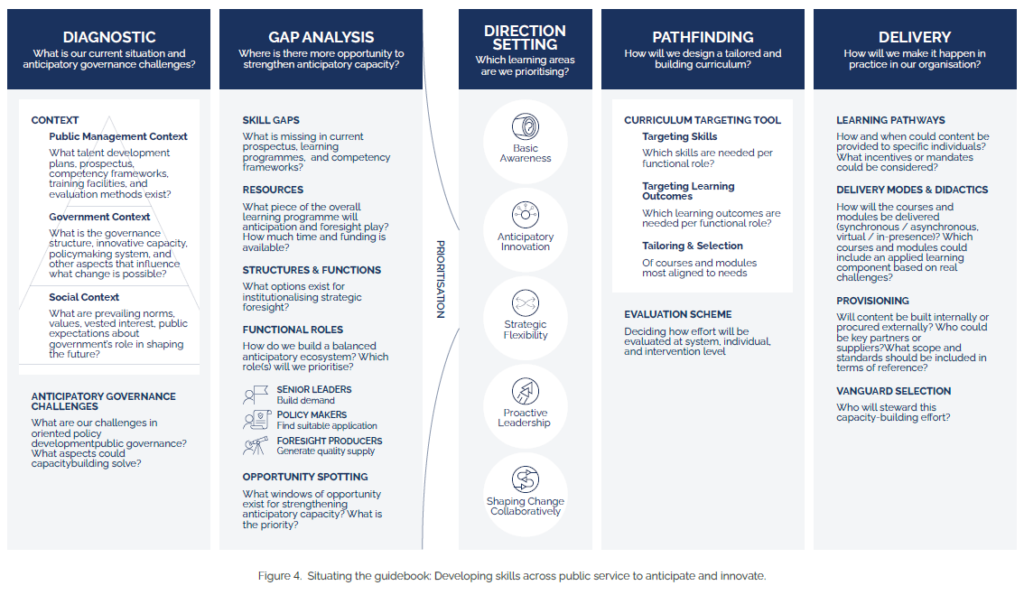
A curriculum for anticipatory innovation
We designed the curriculum in collaboration with the School of International Futures (SOIF) with a challenge-based approach. In response to the five identified challenges, the guide offers a practical, flexible curriculum framework to build anticipatory capacity in government institutions. While tailored to the specific needs of Lithuania, Italy, and Malta, the guidebook is a valuable resource for governments around the world facing similar challenges.
The accompanying curriculum map is designed to be adaptable and relevant to different national contexts and serve as a full menu of options. It helps decision-makers identify the appropriate training programmes, tools, and modules and provides clear pathways for governments to build the skills necessary for anticipatory innovation governance.
In Malta, for example, the OECD team worked with the Office of the Prime Minister and the Institute for Public Service to prioritise the most essential material based on the skills needed to address the specific challenges facing Malta.
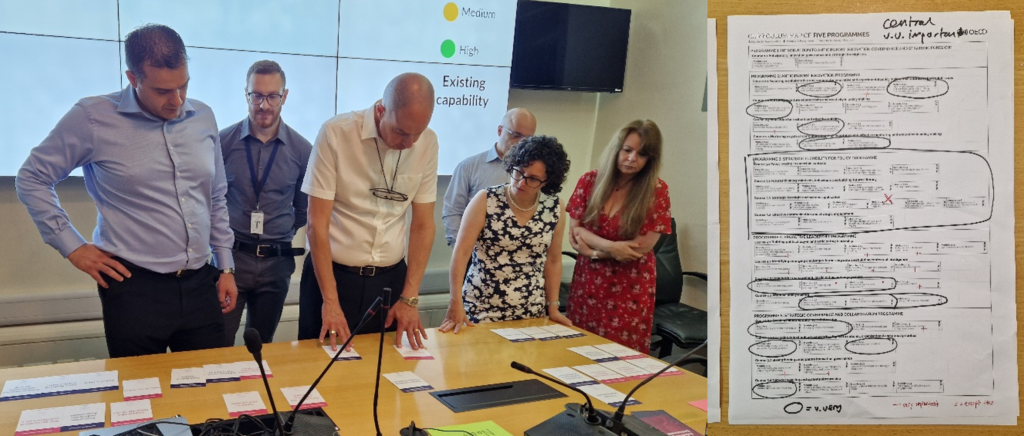
While project LIMinal may have come to a close, the work of building anticipatory governance capacity in governments is ongoing. The resources developed through this project offers a foundation upon which other governments can build their own anticipatory capabilities.
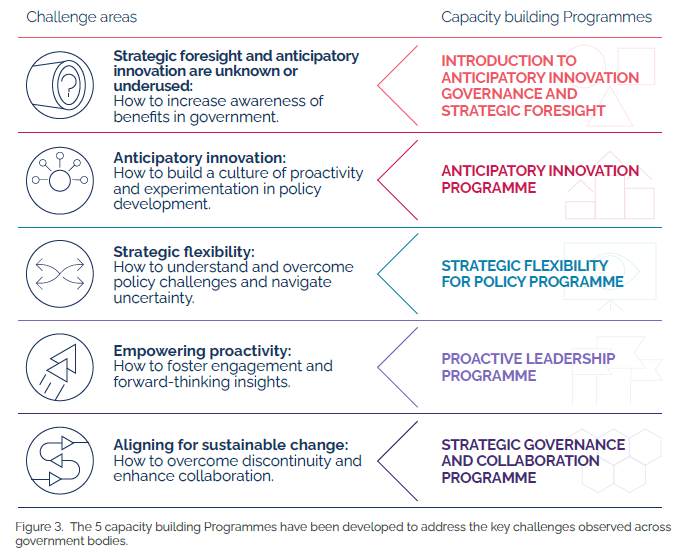
It provides a starting point for governments seeking to build anticipatory capacities that will enable them to better navigate uncertainty and prepare for the future.

